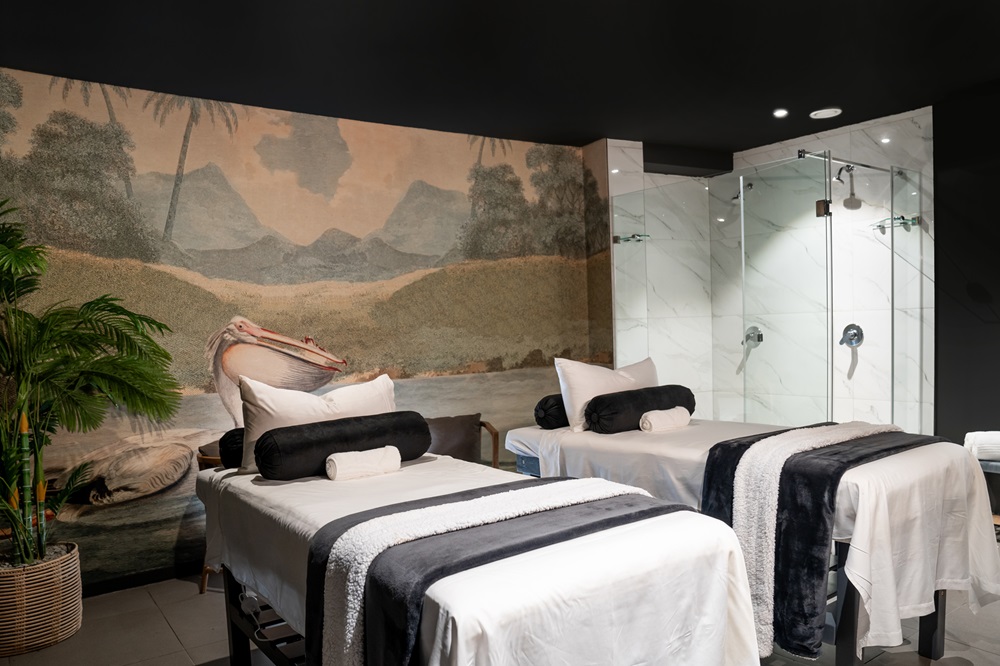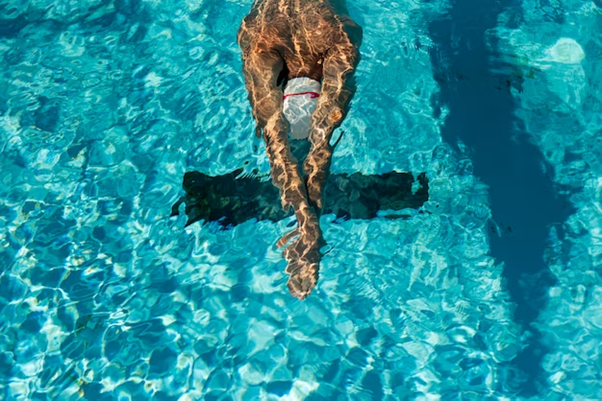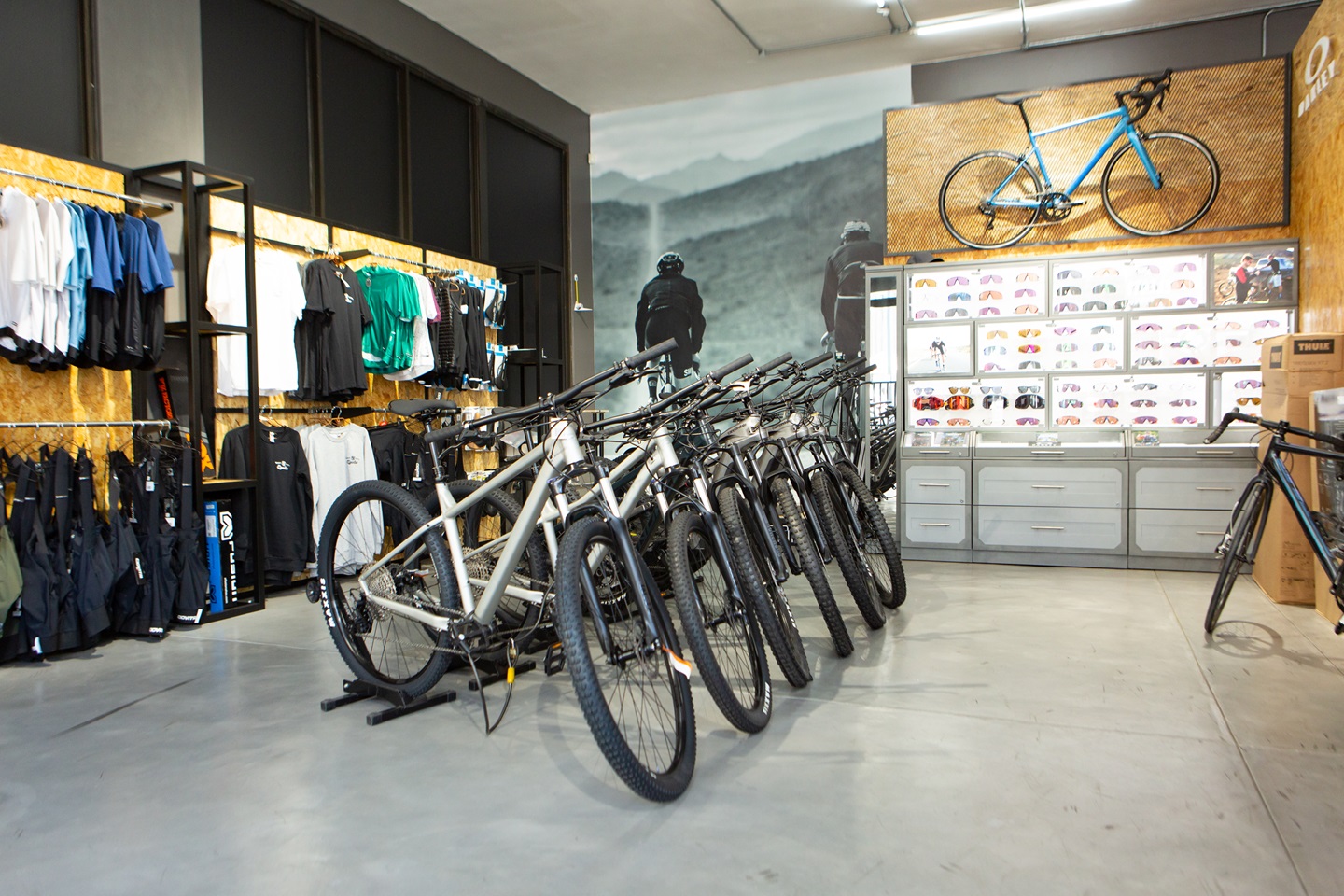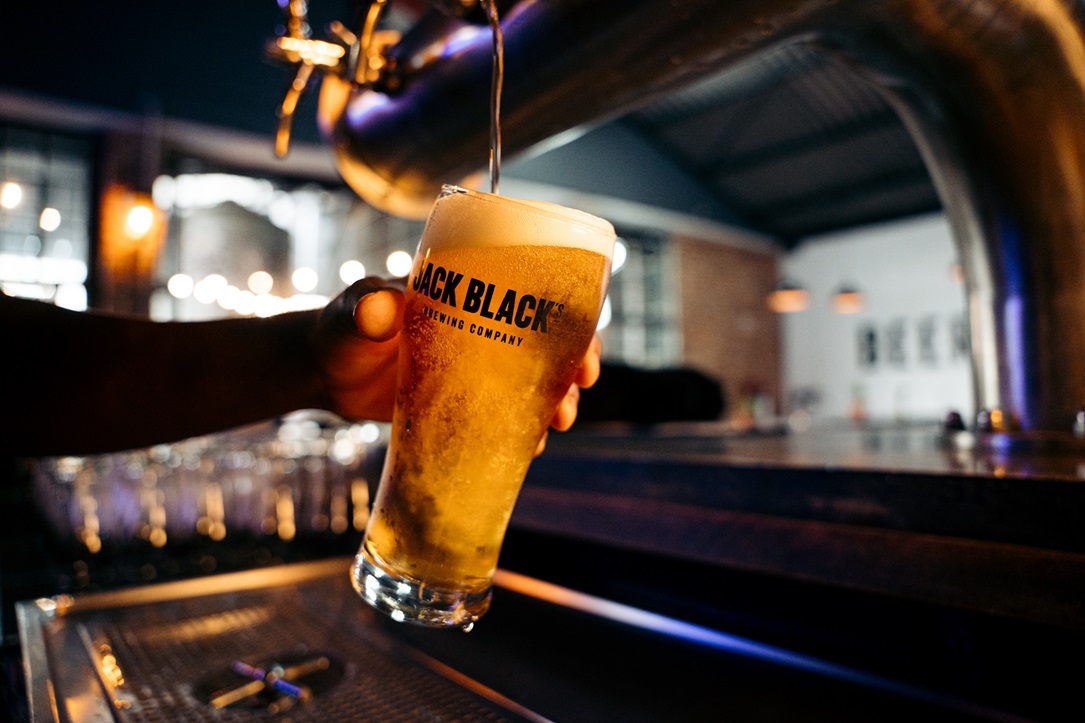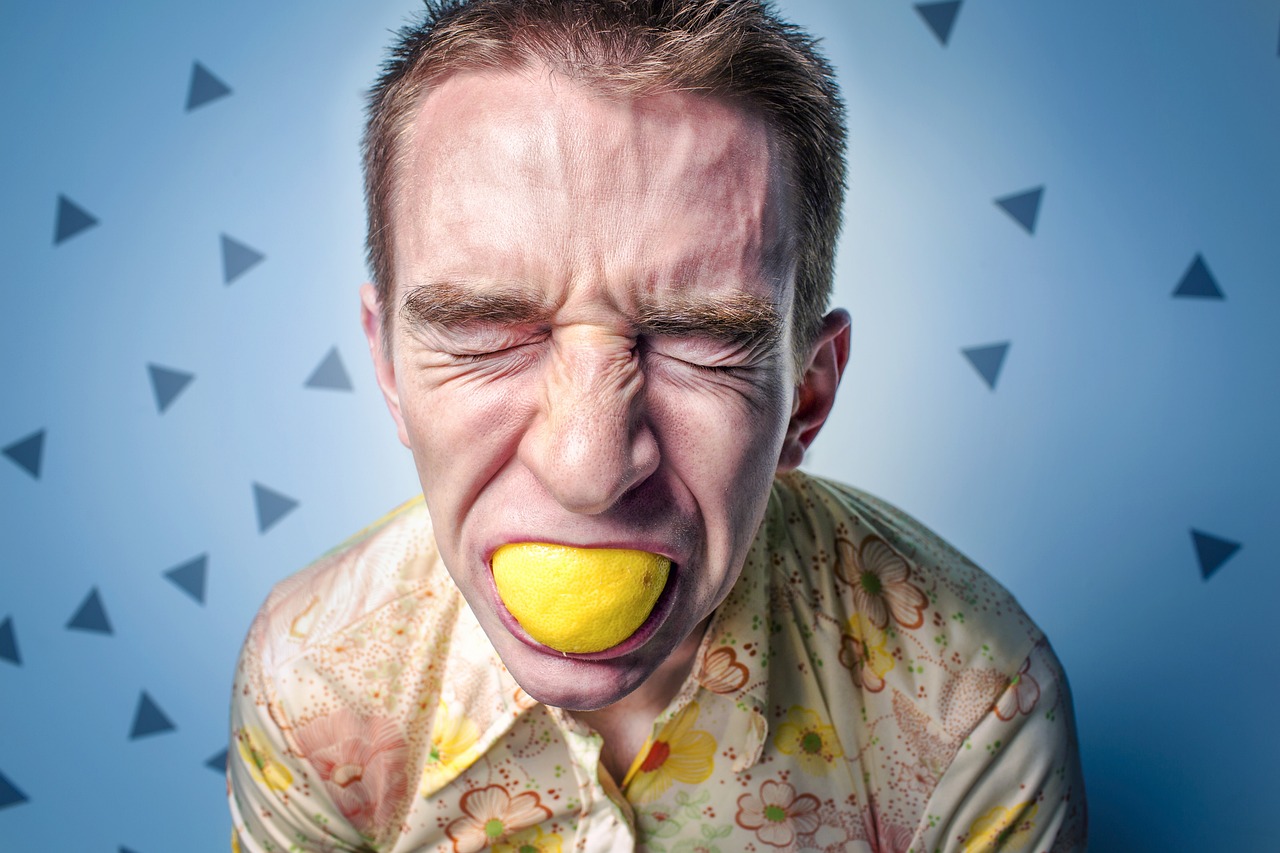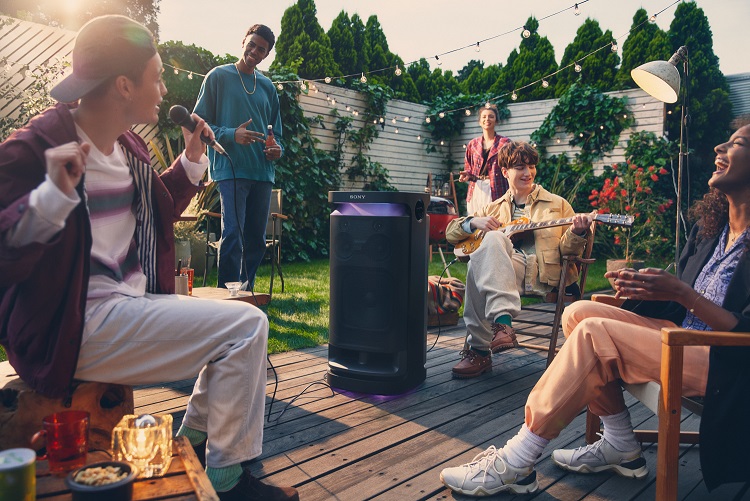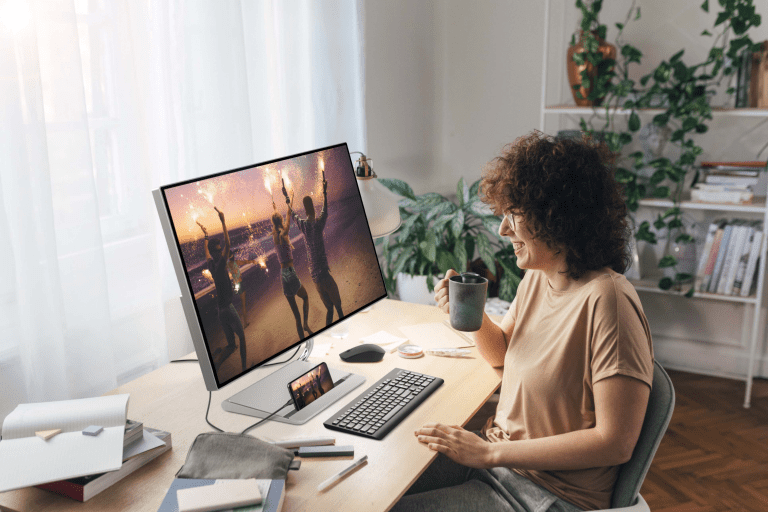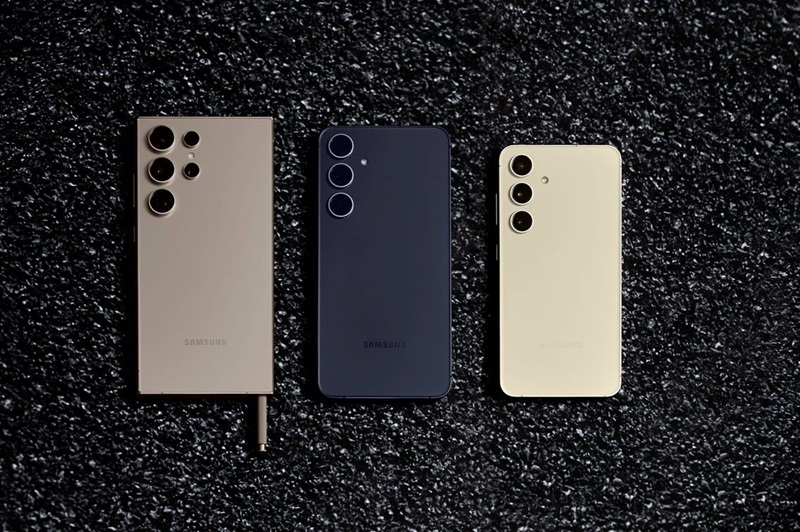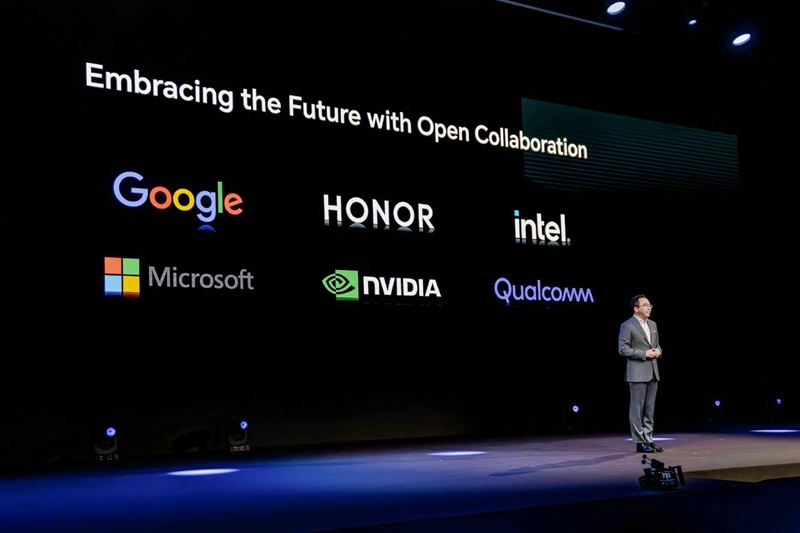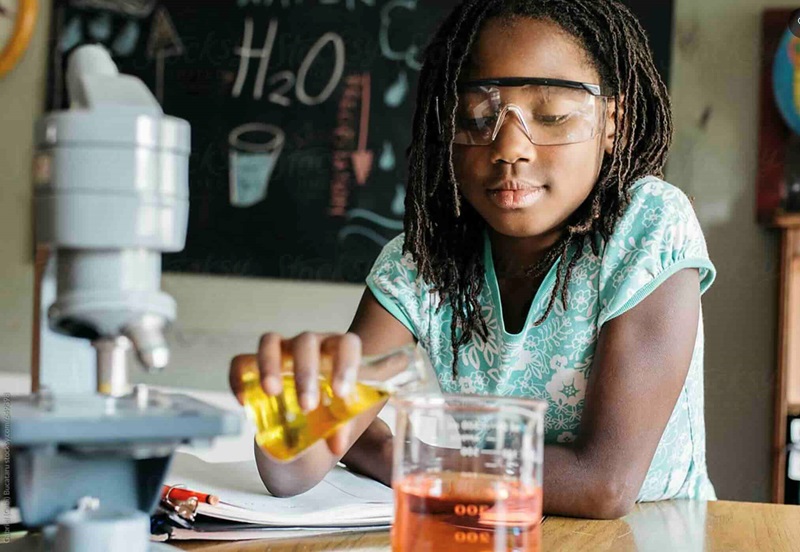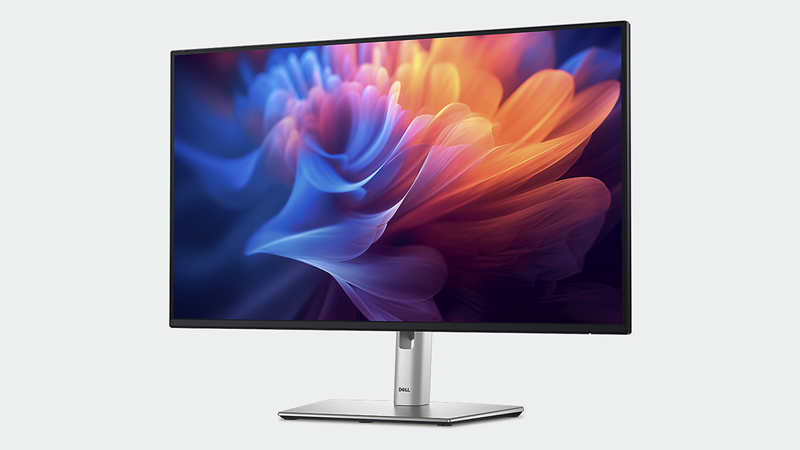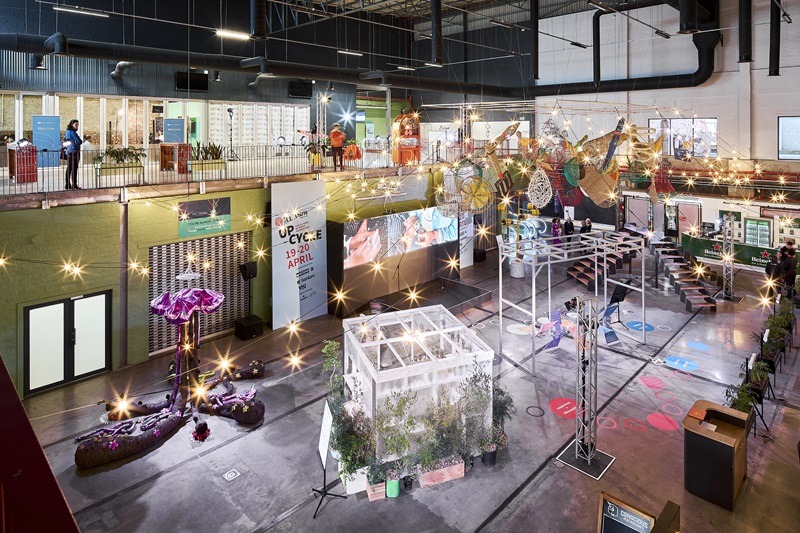Cape Town’s Day Zero isn’t slipping into the wings despite all the rain lately. In fact, the dams are only 30% full. However, what’s recently emerged is that the Western Cape’s water crisis is not all drought-related, but also a by-product of an increased demand on the water supply. The area has seen a massive influx of new residents, placing an enormous amount of pressure on all services, water included. Once again – this problem is not going away. Experts like Environmental Advisor, speaker and author, Dr. Anthony Turton, say this is our ‘new normal’.
And while the Cape has been hit the hardest, the country’s other regions shouldn’t rest on their laurels. As South Africa’s interior provinces enter their dry season, there’s never been a more urgent time for all of us to start saving water. However, according to Helen Moffett, editor, activist, academic and author of book 101 Water Wise Ways, “This isn’t a reason for doom, gloom and despair, but rather a unique opportunity for everyone to rethink the way we interact with this most precious resource: from the way we wash ourselves and our clothes, eat, cook, clean, use the toilet, to how we build our houses, design our cities and grow our food in the future.”
An issue, which is true for many other countries too, is that we have a system in which water is treated so that it’s safe for drinking and cooking and is used for everything: we toss this life-giving and life-saving resource casually into our gardens, our pools, and down our toilets. Which leads to the next problem, Moffett adds, water is linked to some of our most private bodily functions. In the last two generations, in most Westernised cultures, we’ve been able to take these unavoidable processes behind closed doors and to our porcelain thrones. Water makes everything ‘nasty’ and ‘messy’ go away. We flush and forget about it. Thinking about the water crisis means we must face these earthy realities, and we’d much rather not. The recent buying and stockpiling of water is likely related to the terror at the prospect that come Day Zero, Capetonians will not be able to flush their toilets.
Many have realised, with dismay, for the first time, just how much water flushing uses: 7 to 9 litres every time we touch that handle. What if something as simple as not flushing the loo every time you go could make an impact to our water usage? Organico has been developed to allow you to #skiptheflush. Before you think cholera epidemic – because the fact remains there are risks to not flushing for a prolonged period; an increased chance of illness and spreading of infection often occurs due to mosquitos, flies and unhygienic conditions, especially in public areas – Organico is a 100% environmentally friendly product that breaks down human waste, kills germs, repels mosquitos and flies and leaves toilets smelling fresh, without having to flush every time. So, saving water doesn’t have to mean putting yourself or your family at risk, phew Erin Brockovich crisis averted (for now). Moffett adds the fact that our treated water costs pennies, in a world that respects cold cash, means we don’t value it. And this is what’s got to change.
If we all pull together (or rather not pull), we may be able to keep postponing Day Zero, and even push it back into the medium-term future. However, the demand for water is going to increase even as the supply dwindles in coming years and decades. Tempting as it may be to sink back into a sense of security when (and if) the dams fill up, we need to be proactive now about how to prevent the present situation revisiting us again and again in the future. Start by joining the #skiptheflush revolution.
Visit www.skiptheflush.co.za for more information





